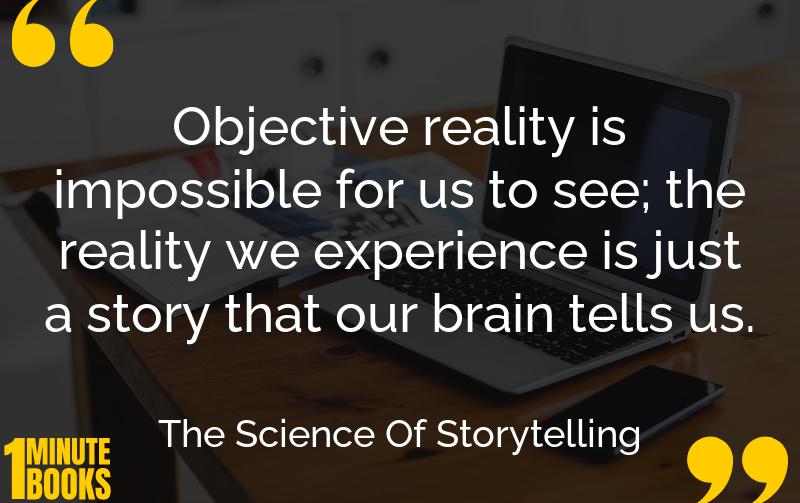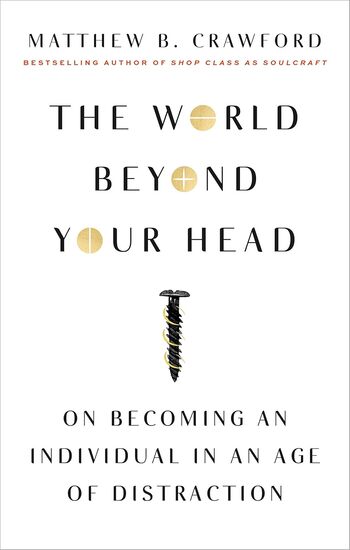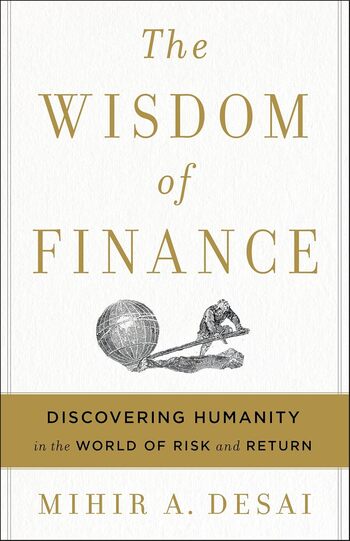
The Science of Storytelling explores how human brains are wired for storytelling, revealing techniques to craft compelling narratives that engage audiences emotionally.
Main Lessons
- Understand that the brain constructs reality through stories, influencing emotions and behaviors.
- Recognize the importance of flawed characters in storytelling for reflecting our own imperfections.
- Create characters with a ‘theory of control’ to drive plot and reveal deeper themes.
- Incorporate gaps in information to stimulate curiosity and maintain audience engagement.
- Use rich language and metaphors to enhance narrative vividness and emotional impact.
- Explore status changes within a story to drive conflict and growth, resonating with innate human desires.
- Acknowledge the power of storytelling to change perspectives and influence societal norms.
- Recognize our inclination for empathetic characters as a tool for more engaging storytelling.
- Balance conscious goals with subconscious needs in characters to craft deeper narratives.
- Understand that our storytelling urge stems from a primal need to understand and control our environment.
- Utilize storytelling as a safe space to explore themes of control, loss, and self-discovery.
- Investigate cultural influences on character development, reflecting diverse perspectives.
- Embrace storytelling as a tool for societal and personal change by tapping into empathy.
- Identify how narrative transports us, leading to potential shifts in belief and worldview.
- Craft dialogue that not only advances plot but also deepens character complexities.








